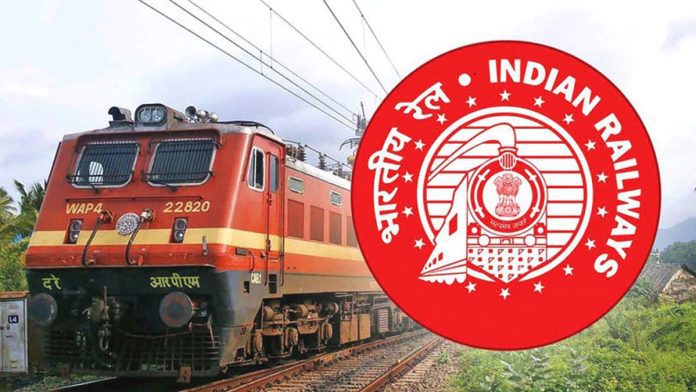A big update came out today regarding IRCTC. Railways has withdrawn the decision to take 50% of the convenience fee received by IRCTC from ticket booking. DIPAM Secretary gave this information today.
New Delhi . Railways has withdrawn the decision to take 50% of the convenience fee received by IRCTC from ticket booking. DIPAM Secretary gave this information today. On Thursday, the Railways had asked its online ticket booking arm IRCTC to share 50 per cent of the revenue earned from the convenience fee on booking on its website with the Railways.
On Thursday, IRCTC told SEBI that the Railways has said that the revenue sharing system will be applicable from November 1. Outside the arrival of this news, there was a huge fall in the shares of IRCTC on Friday. Shortly after the market opened, its shares went down by 25 percent. However, after the statement of the DIPAM secretary, there is a sharp recovery in the shares of the company.
Huge volatility in IRCTC shares
Before and after this news, there was huge volatility in the shares of IRCTC. The news that railways will take 50 per cent of the income from ticket booking came after the market closed yesterday. Hence, IRCTC shares fell up to 25 per cent in this morning’s trading. Then when the DIPAM secretary informed that the railways withdrew the decision to take 50 per cent of the convenience fee, there was a recovery in the shares.
This stock saw a recovery of about 20 percent after 11 o’clock. Right now around 12 noon, IRCTC shares are trading close to Rs 865 with a fall of about 5 percent.
What is the matter
Till now IRCTC shares only the income from catering and tourism with the Railways. But the railways had also talked about sharing the income from the convenience fee. IRCTC had told that this new model of sharing revenue with the Ministry of Railways will be applicable from November 1. For now, this decision has been withdrawn.
IRCTC is a public sector company, which has been empowered by the Ministry of Railways to book train tickets, and provide catering service and bottled drinking water facility at trains and railway stations.


